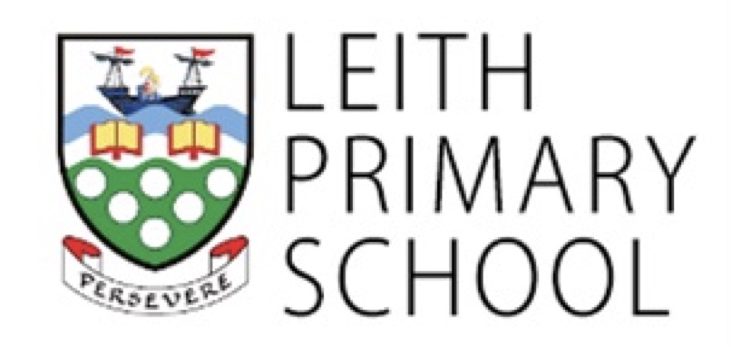The ethos at Leith Primary School is built on a strong foundation of positive, nurturing relationships with our pupils. Good relationships with all pupils is at the heart of our Positive Relationships policy. Developing, supporting, maintaining and modelling positive behaviour is the responsibility of all the adults who work at our school. Our Positive Relationships policy and our practice is informed by the UNCRC, Education (Additional Support for Learning) (Scotland) Act 2004, Scottish Government legislation on positive relationships in schools, City of Edinburgh Council policy and ongoing training and support by the Additional Support for Learning and Psychological Services within the council. Our school policy is informed by the input of pupils, parents, staff and other allied agencies as well as the work of behaviour specialists Paul Dix and education consultant Dr Bill Rogers, amongst others.
Positive behaviour is learned and developed in response to a range of factors. The main factor is having a secure and loving attachment to at least one primary caregiver, usually a parent or carer. This is why it is essential that we work in partnership with our parents and carers. Children who hear consistent messages from both home and school tend to behave well and have no trouble following and understanding rules. When children see the adults around them working together and modelling good behaviours themselves they adopt these behaviours in their play and interactions with others. When children are recognised positively for behaving well, they understand that good behaviour is desirable and helps them to make and keep good friendships. It also enables them to progress more easily in other areas of their learning and development, which in turn enhances their confidence, resilience and overall wellbeing.
Negative behaviours can also develop in response to a range of factors. Unlike the development of positive behaviour, there is no one main factor that contributes to difficulties in this area. Behaviour is understood as an aspect of a child’s development and a means of communicating an underlying issue given that children often do not have the ability to identify and put into words what is really bothering them. Poor behaviours can develop from insecure attachments to a primary care giver. However children who come from very secure and loving homes can find behaving appropriately a challenge. This could be because of delays in their social and emotional development, an underlying neuro-developmental condition, trauma, not having a need met (eg; tiredness, hunger, low self-worth), inconsistencies in parenting or mixed messages between adults, amongst many other reasons.
We support the development of positive pupil behaviours using clear, memorable, school rules READY, RESPECTFUL & SAFE, positive reinforcement of good behaviours, consistency of language and adult expectations, deescalation strategies and restorative practice to allow reflection and use of consequences appropriate to repair the situation. However, maintaining positive, nurturing relationships remains the main strategy.
Where a child is unable to easily understand and follow the usual procedures, individual behaviour plans can be developed to enable a more equitable chance to succeed.
This is a copy of our Behaviour Blueprint, which summarises our whole school approach.

